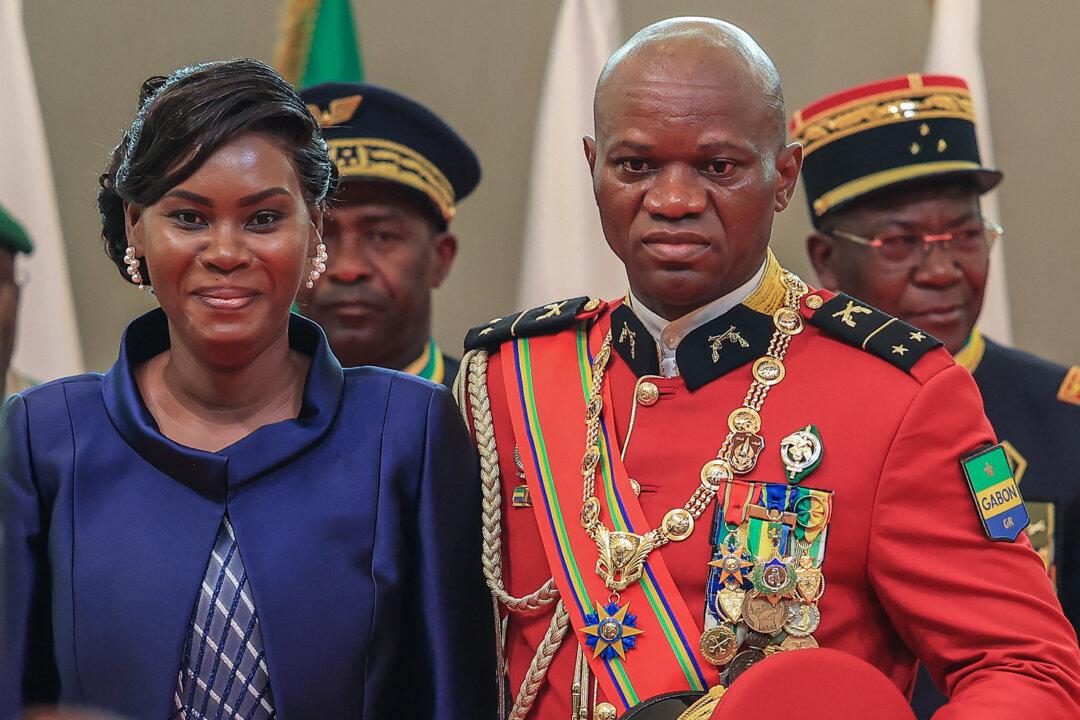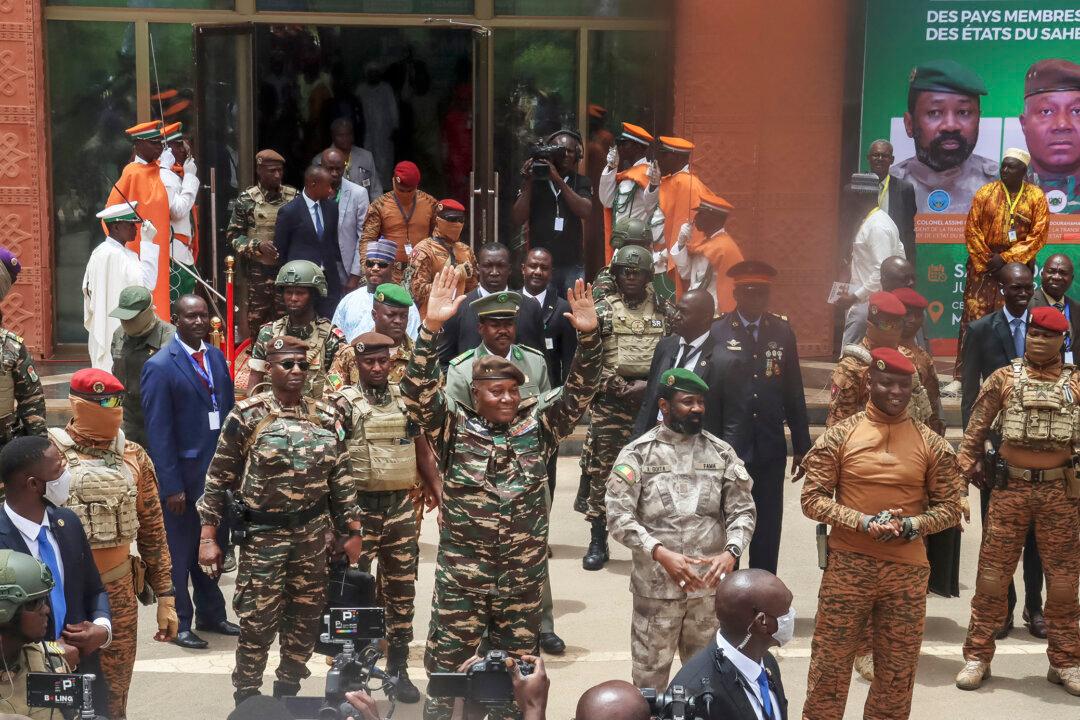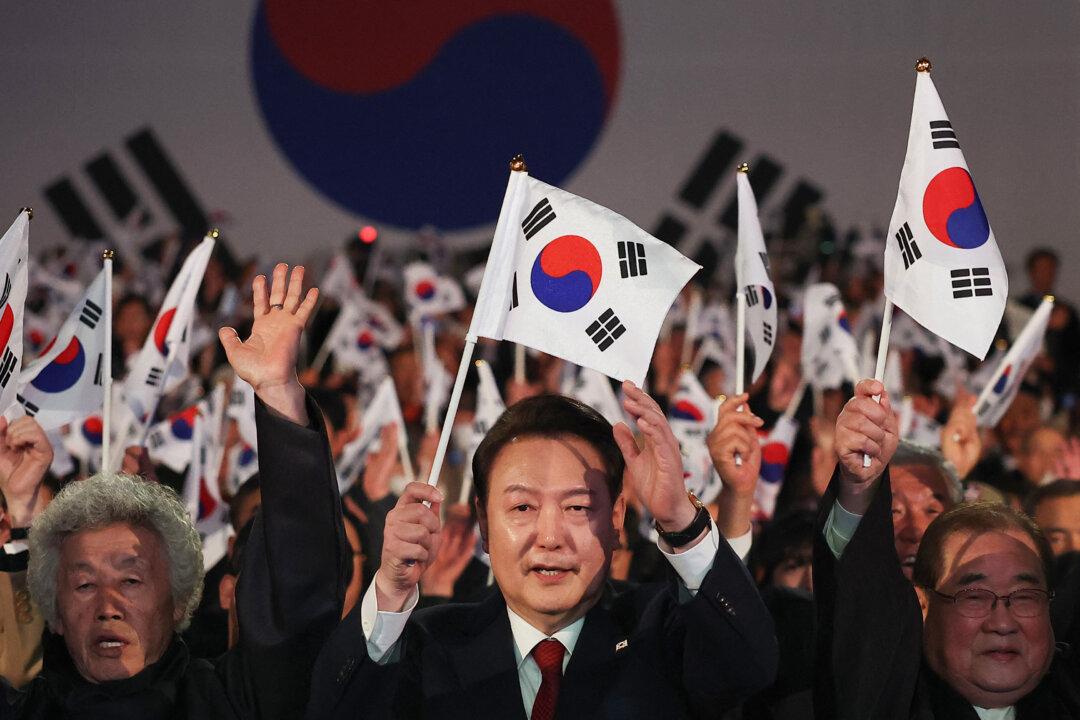When journalist Estra Nelle Ovono Ndong, 37, woke up on Aug. 30 to the news that generals in his tiny oil-rich central African nation of Gabon had seized power from President Ali Bongo Odimba, all he could do was go into his room, close the door, and pray to God.
Having confirmed the news with neighbors minutes later, Mr. Ovono immediately joined thousands of other Gabonese in the streets of Port-Gentil to celebrate the bloodless coup.





